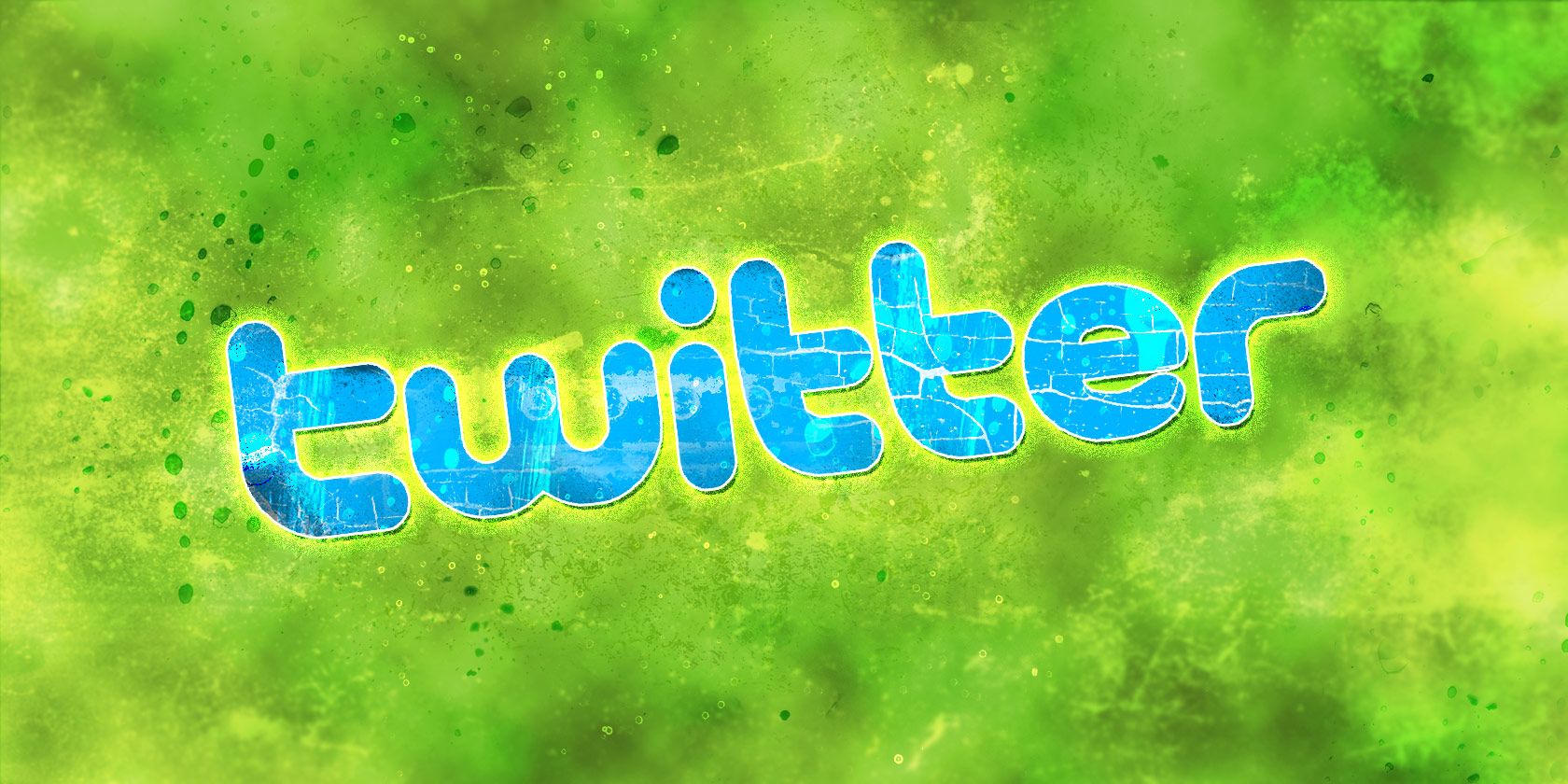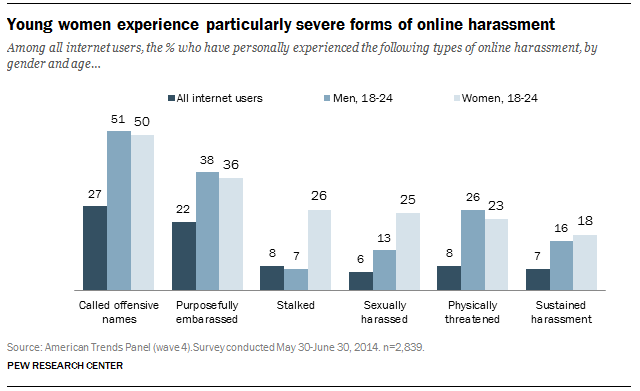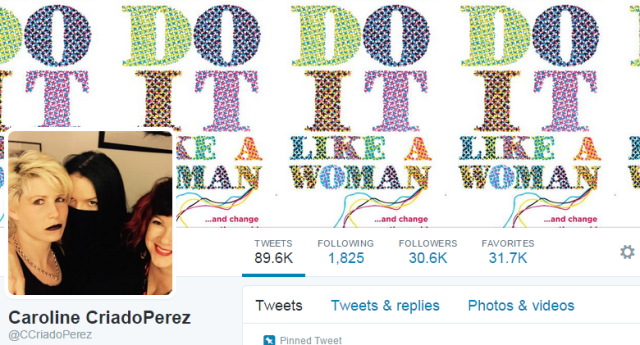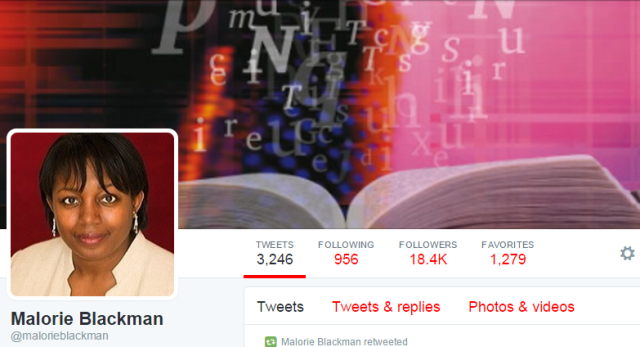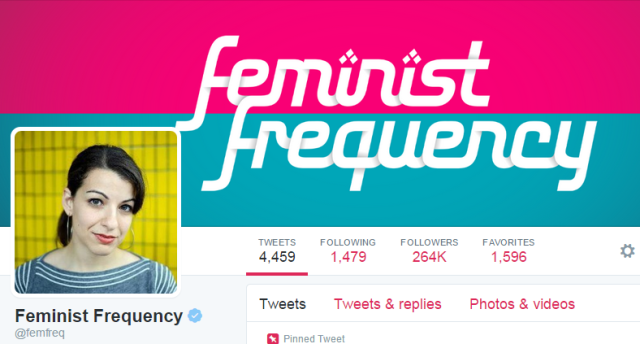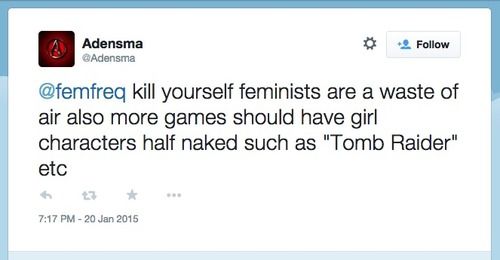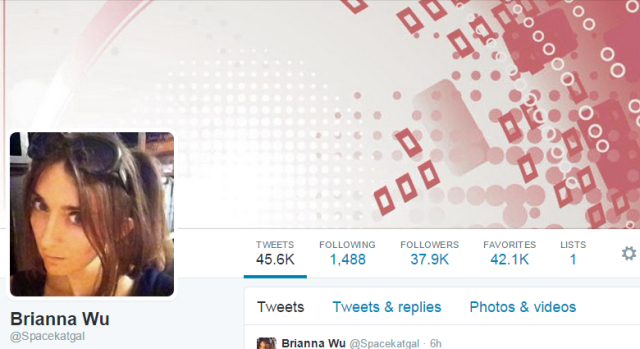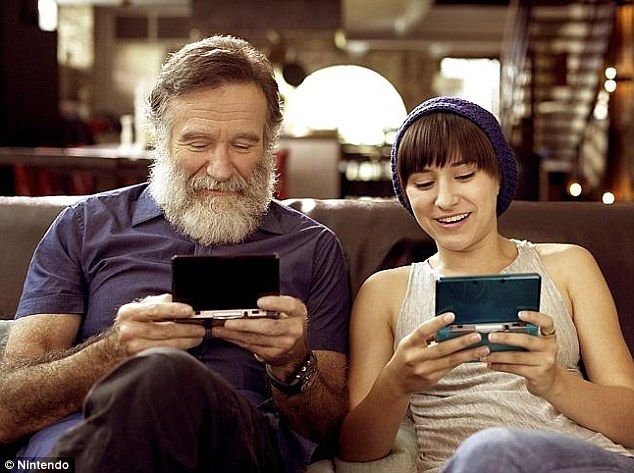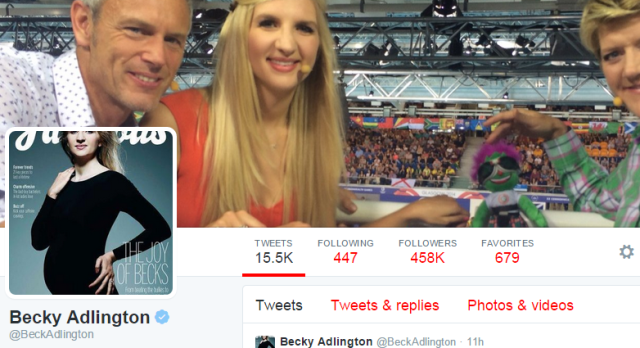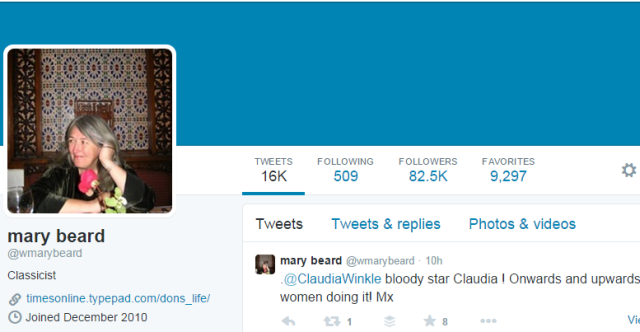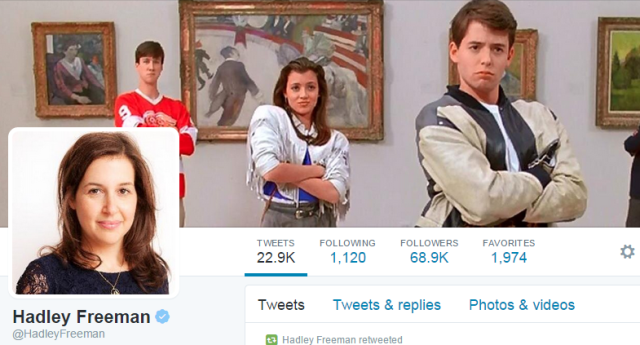Twitter users are funny, helpful, and insightful – but they can also be downright ruthless. It's easy to say, "If you don't like it, just leave," but that's a cop-out. We can do better than that.
Twitter knows it has an abuse problem: the company's CEO recently distributed a memo to the company taking personal responsibility for it.
"We suck at dealing with abuse." - Dick Costolo, Twitter CEO
Severe abuse on Twitter disproportionally affects women and minority groups, as revealed in a 2014 study by the non-partisan fact tank Pew Research Centre.
Numbers are one thing; stories are another. I'm going to take you through real examples of Twitter abuse, experienced by women from a wide variety of industries. We'll also look at an expert opinion on Twitter's role in mitigating abuse, and round up some of the best recommendations for Twitter to take that experts and industry professionals have made.
Content warning: This article discusses and includes screencaptures of a number of offensive tweets, which may include misogyny, body shaming, gendered insults, victim blaming, incitement to suicide, sexual violence, rape and death threats.
Stories of Twitter Torment: How Bad Can It Be?
There are lots of reasons people have been harassed on Twitter. None of these reasons are good, and many of them show how heartless and rotten people can be. Also, while each of the cases explored here are fairly high-profile, keep in mind that this kind of abuse can happen to anyone – it doesn't matter what industry you work in, or how many followers you have.
People are punished for standing up for others.
Caroline Criado-Perez fought for the only woman's image on the back of the English £5 note, and rape threats followed. When the Bank of England removed the only woman on the back of the £5 note in 2013, Caroline Criado-Perez campaigned to have it re-instated.
The campaign was successful, but in the aftermath she got rape and death threats. Two arrests were made, but even that didn't prompt many changes on Twitter's end in the two years since Criado-Perez's experience.
Award-winning author Malorie Blackman called for diversity in children's books, and received racist tweets after. In 2014, Children's laureate Malorie Blackman spoke to Sky News about wanting to see greater diversity in children's literature, to allow kids from all backgrounds to see themselves in stories. After Sky News published the interview with an inaccurate title, "Children's books 'Have Too Many White Faces'" [Broken URL Removed], she began to receive a torrent of racist Tweets.
Blackman deleted the racist Tweets from her feed and reported two of the worst, and then left social media for a few days. She returned to re-affirm that she won't let racist abuse stand in the way of her campaigning in favour of diversity in children's books.
People are attacked for caring about women in games.
Feminist Video Games Critic Anita Sarkeesian gets regular death & rape threats by angry gamers.
Anita Sarkeesian, the creator of the popular video series Tropes vs. Women in Video Games (which we featured in our Stuff to Watch column) and founder of the non-profit organization Feminist Frequency, is a regular target for harassment of all kinds. Her research and videos explore the (often sexist) portrayal of women in media, primarily video games.
Sarkeesian gets abusive tweets every day, from people calling her names, criticising her work, wishing her death and rape, telling her to kill herself, and other horrible things.
The abuse doesn't end online, either. In 2014, mass shooting threats that were made by people who wanted Sarkeesian to cancel a lecture she was to give at Utah State University. She cancelled the lecture due to a lack of adequate security measures.
Game developer Brianna Wu stands up for fellow female game developers, and was driven from her home by Twitter threats.
Brianna Wu is the head of development at game studio Giant Spacekat, the company behind the woman-centric adventure game Revolution 60.
Wu has spoken out against the Gamergate movement, and has since received tweets featuring, you guessed it, death and rape threats. These threats have targeted her, her husband, and even her dead dog. Wu, like Anita Sarkeesian, has also been doxxed, meaning her address was revealed publicly. She was driven from her home.
"I’ve had 46 [death threats] sent to me in the last 5 months. They often target me by name. The most frightening ones say who, what, where, why and when I will be murdered." - Brianna Wu
The threats have even extended to the rest of the Giant Spacekat team, and the attendees of PAX East (one of the gaming industry's largest events). In the interest of safety for her team, she pulled the company's presence from PAX East 2015.
Someone sent a Tweet threatening to detonate explosives at PAX if I showed up. Twitter investigated, and found it did not violate their TOS.
— Brianna Wu (@Spacekatgal) February 28, 2015
Suffice it to say, Brianna Wu is not satisfied with the way Twitter handles abuse complaints.
Twitter: "We suck at dealing with abuse." Does abuse encompass death threats? If so, I agree! http://t.co/MxEQ0qZDL8 pic.twitter.com/0gBWulkLTf — Brianna Wu (@Spacekatgal) February 5, 2015
People are victimized at their most vulnerable moments.
Zelda Williams was sent photoshopped pictures of her father, Robin Williams, after his death.
After beloved actor Robin Williams committed suicide, two Twitter users harassed his daughter Zelda Williams.
They called her awful words, and sent her photoshopped pictures of her father after death. It's hard to imagine anything more hurtful that could be done to a grieving daughter or son.
My only statement. My brothers' are also online. Thank you for all your kindness and goodbye for awhile guys. xo http://t.co/ZOWEGNVsc5
— Zelda Williams (@zeldawilliams) August 13, 2014
Zelda Williams left Twitter due to the emotional distress it caused her. She returned on September 1st, with a thank-you to those who supported her, and a link to her Tumblr page with a short message about bullying.
Olympic Swimmer Rebecca Adlington was accused of letting Britain down after 'only' winning Bronze.
Rebecca Adlington won gold medals for swimming in 2008, but when she only won bronze in 2012 Twitter trolls accused her of letting her country down. As of June 2014 she was still getting abuse from Twitter trolls. She gets called ugly, she gets called a whale or a dolphin, and her nose is mocked. That can take a toll on a person.
In April 2014 she gave an interview to the DailyMail.co.uk where she discusses what appears to be a "new nose" and the judgmental response on social media. She has had to block between 2,000 and 4,000 Twitter accounts that were harassing her. Though Adlington hasn't left Twitter, she wants to see the company put greater effort into stopping people from opening multiple accounts using false identities, and increase monitoring of abuse.
Some victims will try anything to get their abusers to behave...
Professor Mary Beard befriends her Twitter trolls, even after receiving a picture of genitalia photoshopped onto her face.
Professor Mary Beard (a Classicist from Cambridge University and a tv historian) has received tweets criticising her appearance, making derogatory tweets about her genitalia, and calling her evil. She even once also received a picture of a vagina photoshopped onto her face.
Professor Beard didn't leave Twitter, however. She has taken to befriending her abusers. She once sent a letter of recommendation to one young man who sent her abusive tweets, in an effort to save him from damaging his career prospects with a misogynistic tweet. He even responded with an apology!
For Hadley Freeman, journalist at the Guardian, taming Twitter trolls is not that simple.
Hadley Freeman has covered fashion, feminism, pop culture, and Judaism for The Guardian for 14 years, but, she writes,
It wasn't until I was sent to Brazil in June to help cover the World Cup that I would wake up daily to messages from strangers informing me of their desire to punch me "in the vagina and boobs" and kick me "in the uterus".
She has tried Mary Beard's technique of talking to trolls in an effort to "win them round". Unfortunately for Freeman, that led to her Twitter trolls encouraging their followers to tell her how they would rape her.
Twitter's Support Efforts
In December 2014, Twitter began allowing users to flag abusive tweets within their smartphone app. It's a small, but important, piece of interaction design, one that makes it quicker and easier to report or block people who say hurtful things.
Starting today we're rolling out an improved way to flag abusive Tweets. See how it works. https://t.co/Yf6cStz0z1 — Twitter Support (@Support) December 2, 2014
There's lots more that Twitter could do, though. Eva Galperin and Nadia Kayyali of the Electronic Frontier Foundation present thorough, well-reasoned approaches Twitter could take to address abuse and harassment. One thing they focus on is how Twitter appears to enforce its abuse polices inconsistently (the threats against Brianna Wu at PAX would seem to qualify as violating the Terms of Service, for example), and that Twitter should include "information about content takedowns and account suspensions related to abuse complaints, such as the number of complaints, type of complaint, whether or not the complaint resulted in the takedown of content or the suspension of an account, and so on" in its biannual transparency report. This is important when some complaints go unaddressed for months on end.
Mobile Interaction Designer/Developer Danilo Campos (who did the interaction and visual design for popular travel planning site Hipmunk) has an excellent, short list of small things Twitter could do to empower and protect users, such as letting people choose to block all accounts less than one month old, or block all accounts that have been blocked by a certain number of their friends.
Finally, TechHive recommended 10 actions for Twitter to take to stop abuse, including a few concrete recommendations that are my favourites. For one, if Twitter allowed and encouraged third-party reports, you could report abuse on behalf of your friends. Another great recommendation they made (which could give victims like Zelda Williams some peace) is to allow users to disable in-line images on the Web, instead of just on mobile apps.
A Cyberbullying Expert's Perspective
For a unique perspective on Twitter's abuse problem, I reached out cyberbullying/cybercrime expert Jayne Hitchcock, author of the book Net Crimes & Misdemeanors. Jayne Hitchcock is the president of the volunteer organization Working to Halt Online Abuse (WHOA).
JC: Do you feel it is important for a company like Twitter to put a stop to online bullying?
Yes, I definitely do. If they put more money into their abuse departments, and took complaints seriously, there wouldn't be as many problems as there currently are online. It's a shame it had to take gamergate to get them to scramble to start taking care of the problem.
JC: Are there actions Twitter should take to protect its users?
Not just Twitter, but if they made people prove they are a real person when getting an account, meaning that person would only have one account, I can bet the majority of harassment would stop. Second would be to immediately look into complaints and to put an account on hold until they come to a determination if it is harassing or not. It's their company, they have every right to put a temp hold on any account on their site.
JC: Are there any online communities that you think handle abuse really well? And if so, which ones, and what can we learn from them?
No. None of them do (at least none I have had to deal with over the almost past 20 years). All of the social media sites seriously lack any type of proper abuse handling and they need to train their abuse department how to tell if it is harassment and put an end to it before it escalates out of control. I'd be happy to come and train them.
Conclusion
There is no service out there quite like Twitter that lets you get your finger on the pulse of the world so closely, or connect with your followers so succinctly. Unfortunately, the service has a long way to go to create a culture where all people feel safe maintaining a presence and expressing themselves.
Furthermore, solving Twitter's abuse problem is more complicated than letting people block or report abusive users. As Kimberlee Morrison of The Social Times points out, "report" functions can and have been abused themselves: government officials used 'report' features to suppress activists for example, as happened in Vietnam to journalists on Facebook.
Additionally, automatically blocking accounts that appear from a single source (to prevent spam) could result in many legitimate activists who use the Tor browser being banned accidentally, like bycatch caught in an undiscriminating net.
Have you ever received abusive messages over Twitter? How did it affect you, and what would you like to see Twitter do about it?
If you have a lot of trouble with abusive Twitter users (so flagging abusive tweets takes too long), try the Block Together web app, which lets you block new accounts, low-follower-count accounts, and accounts your friends have blocked. Though it's not native to Twitter, it could be a helpful workaround to make your Twitter experience more pleasant.
Even if you don't have a whole lot of problems with Twitter abuse, you can always play a round of Block, Mute, Unfollow to clean up your Twitter feed and make it more useful and fun.
Finally, Twitter's abuse form for formal harassment complaints is a bit long and tedious, but the option is there. I'm fortunate to not have needed to fill it out before, so if you have, comment below to let us and your fellow MakeUseOf readers know what the situation was and how/if Twitter handled it.
Image Credit: Young women experience particularly severe forms of online harassment via Pew Research Centre, Zelda and Robin Williams via Nintendo, @adnsma via Feminist Frequency's Tumblr

